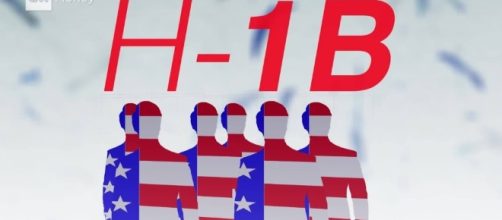One of the more shocking scandals of the Obama era concerned the abuse of the H-1B visa system by a number of corporations like Disney. The system was designed to fill jobs in technology and other important industry with foreign guest workers when not enough qualified native-born Americans were available. However, Disney, among others, used the H-1B visa system to get rid of their highly compensated, native-born employees and replace them with lower-paid Foreign Workers. To add insult to injury, these companies forced their soon to be unemployed high-tech workers to train their replacements and even made their severance pay contingent on maintaining a “proper attitude.” The matter is the subject of a number of class action lawsuits.
Now, according to the Washington Examiner, the abused Native Born technology workers have an ally in the Justice Department with the change of administration. The Trump administration has signaled in no uncertain terms that the practice of riffing native-born workers to make way for H-1B employees will come to an end.
If a company is suspected of gaming that system it can expect an unannounced visit from agents of the U.S. Citizenship and Immigration Services (USCIS). A special email address has been set up to help employees who believe that are being discriminated against to alert the feds to the practice. Also, the position of computer programmer, a common skill set in the United States, will not be considered a specialty skill for the H-1B visa program.
Many of the people who lost their jobs at Disney worked in information technology.
The widespread abuse of the H-1B visa system had proved to be a potent issue for Donald Trump when he was still a candidate. He caught other candidates who supported the system, such as Sen. Marco Rubio, R-Florida and Sen. Ted Cruz, R-Texas, off guard by hitting the abusive policies and promising to change them were he to be elected president. The Justice Department’s crackdown constitutes a fulfillment of a campaign promise.
The crackdown falls short of ending the visa program, but it will be returned to its original intent of supplementing rather than replacing native-born high-tech workers.

